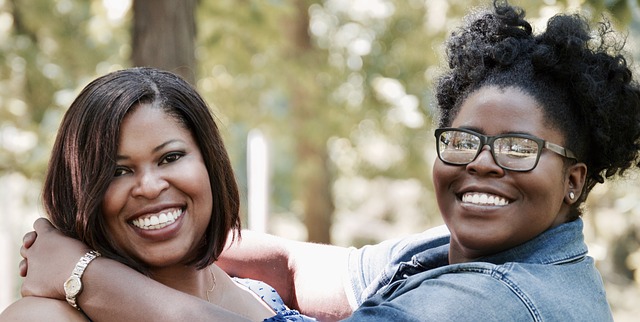There’s nothing quite like it when a parent falls ill. That stability that was around a child, even as a grown adult, can be shaken when a parent gets sick.
However, it’s important to do everything possible to care for parents after or during an illness. It’s certainly difficult at any age but when a child becomes an adult, it can be easier to manage.
With that being said, if a parent has fallen sick or they’re recovering from a major illness that’s left them needing care, then these tips should help with that.
Do what’s possible with your own timetable
The challenge of looking after someone who doesn’t live in the home is the timetable available. Everyone has a different work/life schedule, which means that for some, assisting their parents might be harder than it can be for others.
Depending on what the timetable looks like for you, try to do anything you can around this schedule. There’s only so much that can be done when it comes to the time that one person can dedicate before they end up becoming a part-time/full-time carer.
For some, that role might not be possible with the commitments they have at home already. Do what you can and don’t feel guilty for not being able to do more.
Assist them with additional care
Where additional care may be needed, whether that’s professional due to the nature of the illness or simply not having enough time, there’s plenty of help out there.
It may be that they need short-term respite care or it might be that they need to be put into a care home for a foreseeable amount of time.
When it comes to looking after them primarily, get a sense of what you can give yourself, how much they can do on their own and what additional help they may need. It’s hard to give that duty over to strangers but the majority of those working in healthcare will treat your parents like one of their own.
Remember that you also need to look after
It’s always good to remind oneself that self-care is also needed when you’re thrown into a situation like this. It can be often something that’s neglected due to the overwhelming stress and emotion that comes with having a sick family member.
While it may easier be said than done, it’s good to look after yourself where you can. Be sure to take time off work where possible and when it’s needed, treat yourself to a bit of care and attention. This could be a warm bubble bath to a spa day out with a friend. It’s important that you are at your best so that you’re able to look after them too.
Discuss worst-case scenarios
Of course, no one wants to approach the topic but sadly it’s something that can often be required when it comes to illnesses that aren’t looking great. There may also be situations where providing care isn’t possible within the immediate family.
It’s always good to discuss the worst-case scenarios with the parent that’s ill to see what they feel is most appropriate. They may feel more comfortable in the hands of professionals and may not want to see you or other family members having to sacrifice their livelihoods and a lot of time, on caring for them.
It’s good to get it all out on the table as early on as possible so that you can manage the expectations as a family and what is most suitable for all those involved.
Make their remaining days as comfortable as possible
There will likely be scenarios in which the parent in question, has been given a prognosis that isn’t looking good. In some situations, that prognosis may be terminal. With that being said, you want to try and make their remaining days as comfortable as possible. It also may be necessary to try and do as much with them as possible to ensure they get the most out of life.
At this point in time, when a parent only has days, months, or a year to live, it’s all about making memories and doing what you can before it becomes too much for them.
Do the best you can – that’s all you can do
At the end of the day, we’re all human and that means you can only do the best you can. There are situations where it makes care more difficult to do than others but a child can only do so much to care for their parents as adults.




